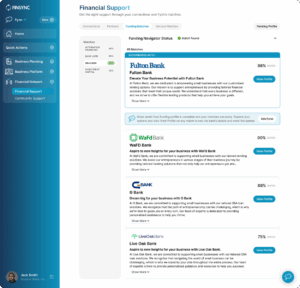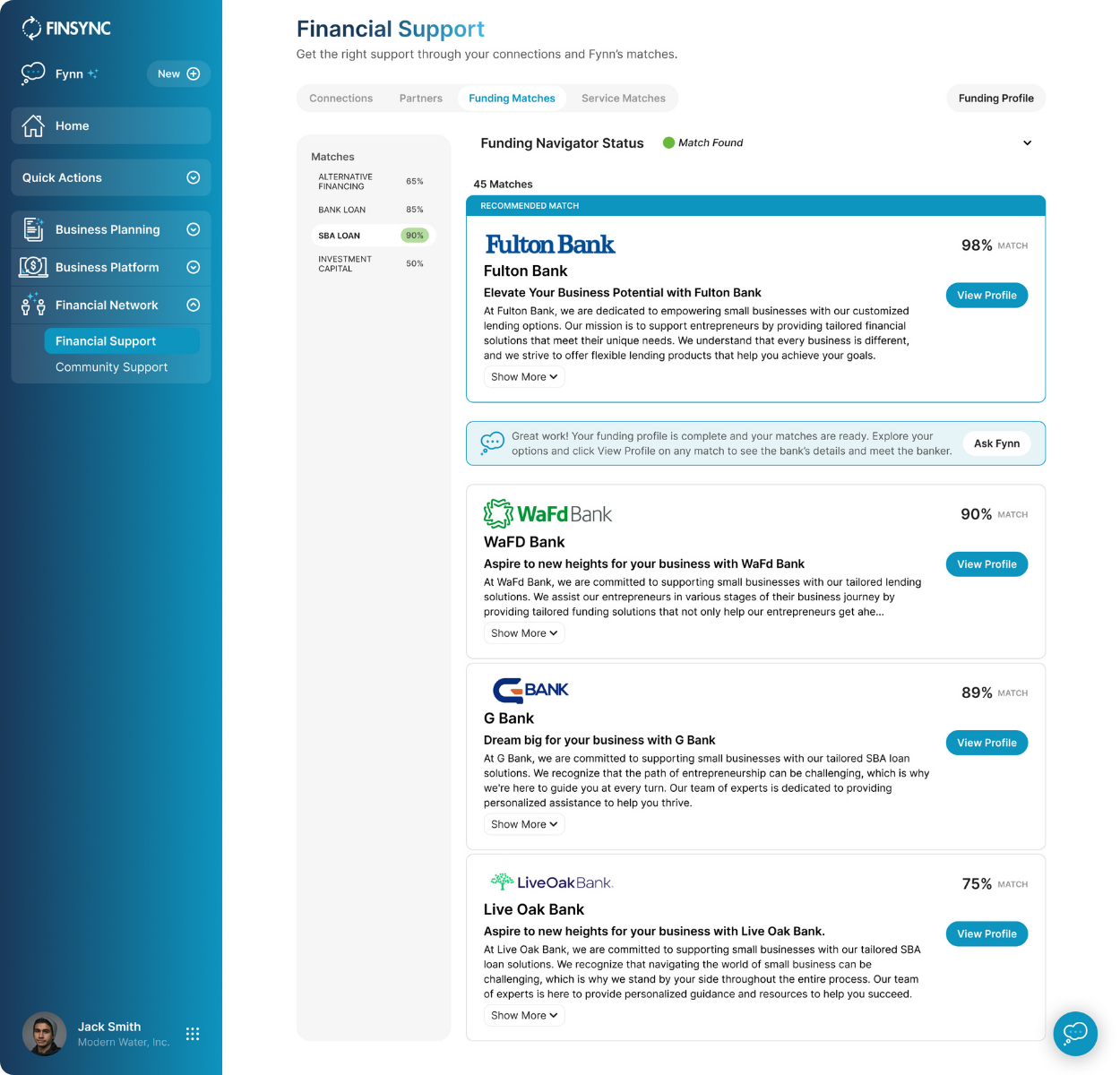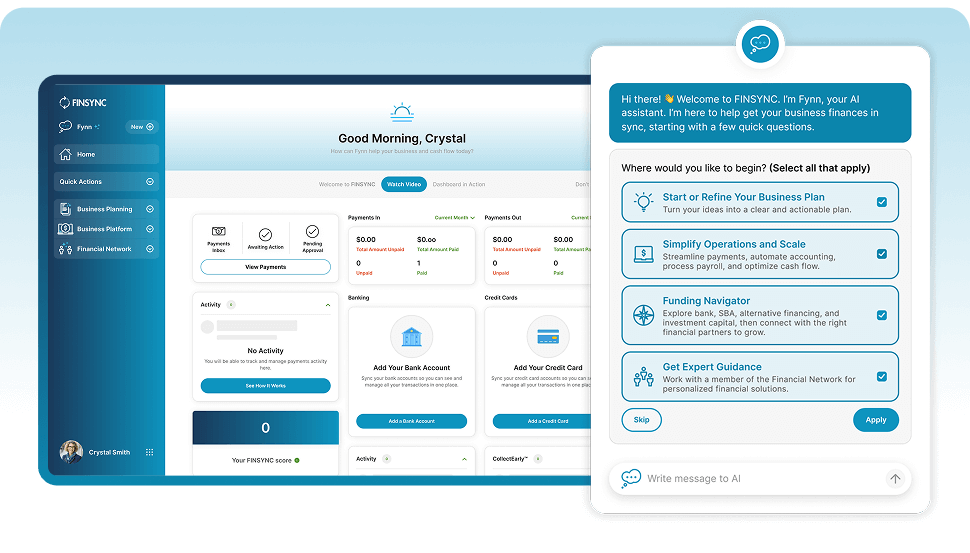For many entrepreneurs, the hardest part isn’t deciding to start a business; it involves determining which idea is worth building.
Mackenzie Brown knows this all too well. In a recent interview, she shared how the FINSYNC program, hosted in partnership with the South Coast Development Council (SCDC), helped her shape one of her most meaningful ideas into a business.
Today, she is in the early stages of launching Skipper Feed, a company with a mission to transform low-value seafood byproducts, such as fish skins and bones, into nutritious animal feed and pet treats. It’s a business built on sustainability, community, and a deep respect for the ocean. And it may not have happened without the CO.STARTERS program, supported by SCDC and FINSYNC.
Finding Focus in a Sea of Ideas
Mackenzie’s path was not straightforward. Before Skipper Feed, she had tried a few different business concepts, including cooking classes, school garden programs, and local food events. She cared deeply about food systems, but the return on effort was not promising.
“I realized some of my early ideas were more effort than reward,” she said. “FINSYNC helped me sort through what was viable.”
That clarity became a turning point. The program, hosted by SCDC, gave Mackenzie a space to evaluate ideas honestly. It also helped her understand costs, margins, and how to communicate her value proposition in practical terms.
“The program helped me understand how to take an idea and make it real. I used to think I’d need a nonprofit to do something good. But FINSYNC showed me I could build a business model around impact.”
A Sustainable Dream
Skipper Feed did not begin as a business plan. It started with Mackenzie’s dog.
“My dog had itchy and dry skin,” she said. “Omega-3s from skins helped a lot. That got me thinking about what happens to the rest of the fish that isn’t sold?”
With a background in environmental studies and a strong interest in the blue economy, Mackenzie was aware that the fishing industry generated a significant amount of waste. In her region, fish heads, bones, and skins are often discarded or sold for pennies. Seeing an opportunity where others saw trash, she began developing a process to turn those byproducts into nutritious treats and food toppers.
“There’s value in what’s being thrown away,” she said. “We just need better systems to capture and use it.”

FINSYNC as a Compass
Mackenzie credits FINSYNC’s CO.STARTERS curriculum and the community surrounding it for providing her with the structure and confidence to move forward.
“The book is still on my desk,” she said. “It’s one of the clearest tools I’ve used. I refer to it all the time.”
She appreciated how the course made entrepreneurship feel accessible and approachable. For someone who had always considered herself more of an idea person, CO.STARTERS proved that those ideas could become something real with the right planning and support.
Barriers and Breakthroughs
Working within the fishing industry hasn’t been easy. The system offers little room for experimentation due to its slim profit margins and complicated politics, which hinder its progress. Mackenzie has built trust with fishermen and navigated slow-moving processes around waste use.
Still, she’s optimistic. She points to groups like Sea Coast Compost, which are using shells in soil products, as signs that things are changing. She is also engaged in broader industry efforts, including the 100% Fish House Bill and the formation of the Oregon Ocean Cluster, initiatives aimed at reducing fish waste and creating new economic opportunities through full utilization of seafood byproducts.
“There’s a growing interest in sustainability and circular systems,” she said. “People are starting to see value in the full catch.”
The Power of Partnership
The success of Skipper Feed is not just Mackenzie’s story. It is also a result of what happens when the right partners come together to support local entrepreneurs.
Through the combined efforts of SCDC and FINSYNC’s tools, like the AI Canvas and business plan generator, Mackenzie had access to training, guidance, and practical resources that made a difference.
She’s not alone. Across the country, FINSYNC programs are helping people in rural, Native, and underserved communities turn their ideas into action. And for Mackenzie, that action is just beginning.
“Skipper Feed wouldn’t exist without FINSYNC, the CO.STARTERS program, and the local support I received,” she said. “It gave me the confidence to go from idea to execution and the belief that I can do this.”



















